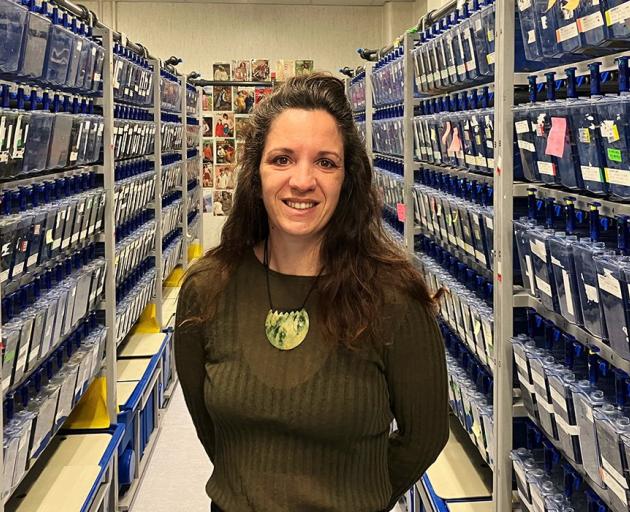
University of Otago School of biomedical sciences researcher Megan Leask was awarded the funding to support a two-pronged project.
"The first will use new genomics data to find unique genetics and gene targets that contribute to metabolic disease in Māori and Pacific people," she said.
"The second will test some of the best candidates we find, to identify and characterise which tissues these candidates are important in, and what cellular processes they are important in."
She said overseas, precision medicine, guided by genomics, was already improving quality of life and reducing medical costs.
New Zealand was starting to build precision medicine capability, but genetic data from Māori and Pacific peoples was critical for precision medicine to actually work in our country.
"It’s critical to have genetic data from all populations. I want to be part of the process to make sure Māori and Pacific peoples are represented and benefit from new medical advances, and in doing so, help break down existing healthcare inequities.
"Without this data, genetic-based gout treatment will not be available to all New Zealanders."
She said given that cardiometabolic diseases like type-2 diabetes, chronic kidney disease and gout were increasing worldwide at "an alarming rate", it was a great place to start applying these new genomic technologies.
"We know lifestyle interventions are not working for people who are affected, so therapeutic options and identifying people at greater risk of developing these conditions are our best options for tackling these conditions.
"Understanding the unique biology and genetics underpinning these conditions is an important step to making sure we can develop effective therapeutics and diagnostics."
Dr Leask said her research was still a long way off from therapeutic development, but she hoped her research would identify some good candidates for further therapeutic development or "repurposing".
"As an example, our work we have just published with regards to gout in Europeans identified the IL6R which is an immune cell receptor that is important in gout pathogenesis.
"It is currently targeted by a United States Food and Drug Administration-approved drug for treatment of rheumatoid arthritis.
"Identifying drugs that we could repurpose for other metabolic disease is a mid-term outcome that I see as achievable in the near future."












